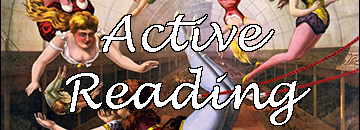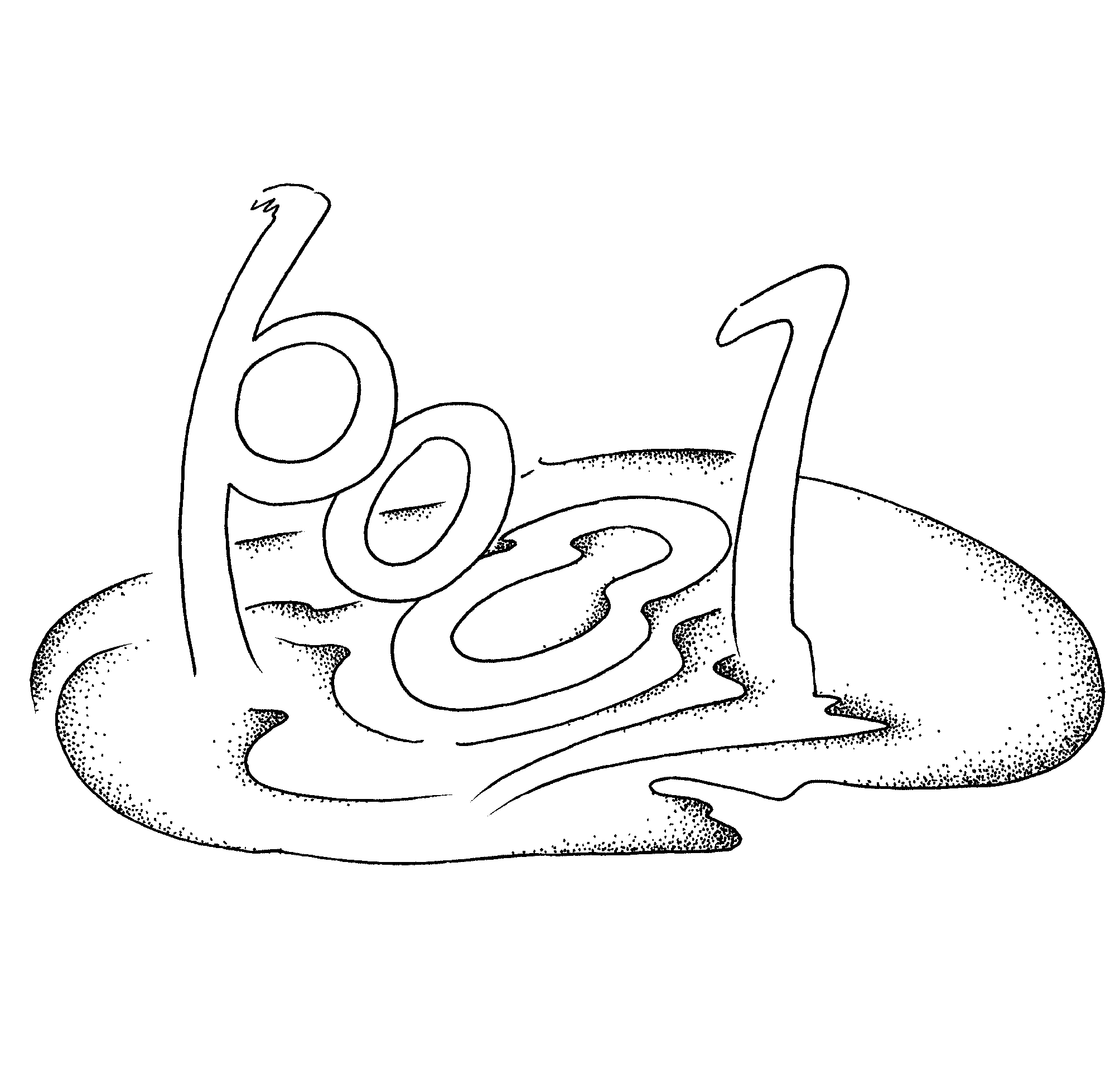



When we learnt to read as children, our perceptions were vivid and language was an acute sensory experience. As we grew older, we forgot the vividness, and the mechanics of language became automatic, beyond conscious control. Of course, to survive in the modern world, we need to be able to deal with a lot of words quickly. But it is good to be able to slow down sometimes and re-establish sensory contact with our language.
The ‘Sometimes ...’ commentary and the drawings in Part 1, and part 3 of ‘Organic Language’ often suggest actions that can be performed as the words are pronounced. These can make interesting language awareness exercises for primary school children and help adults to improve their bodily sound skills. A similar effect can be achieved by actively imagining the shapes and actions as you pronounce the words.
If you employ your creative imagination to imagine bodily sensations that mimic the shapes and textures of sound depicted in the drawings, a certain acoustic (feeling) space is brought about in the mind-body continuum. This is an experience that transcends the mere base meaning of the words. And if you allow that ‘space’ to roll on and transform into the next space that is suggested you begin to experience the intended effect of these pieces.
|
Exercise 1. Look at the drawing of ‘flower’. As you say the ‘fl’, raise your arms with hands together like a flower bud. Open your arms and let them descend towards your sides on the ‘ower’ like a flower opening.
|
|
Exercise 2. Say ‘amazement’. As you say ‘maze’ raise your eyebrows and open your eyes wide.
|
|
Exercise 3. Stand up and say the word ‘pool’. As the sound passes down into your body with the ‘ool’, let your muscles relax and sink down to the floor like a pool of water collecting there.
|
*** |
Exercise 1. Look at the drawing of ‘flower’. As you say the ‘fl’, raise your arms with hands together like a flower bud. Open your arms and let them descend towards your sides on the ‘ower’ like a flower opening. |
|
|
||
|
Exercise 2. Say ‘amazement’. As you say ‘maze’ raise your eyebrows and open your eyes wide. |
|
|
||
|
Exercise 3. Stand up and say the word ‘pool’. As the sound passes down into your body with the ‘ool’, let your muscles relax and sink down to the floor like a pool of water collecting there. |

|
Hearing with your body.
Acoustic hearing.
Using breath to make sound.
From sound to speech.
Active reading. (this page)
From sound to symbol.